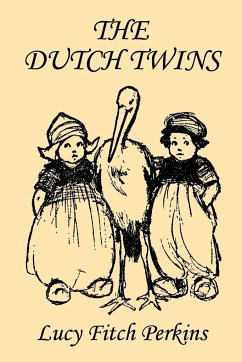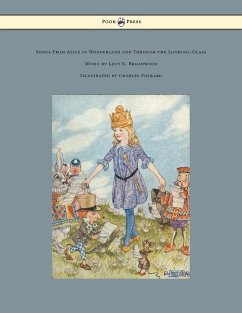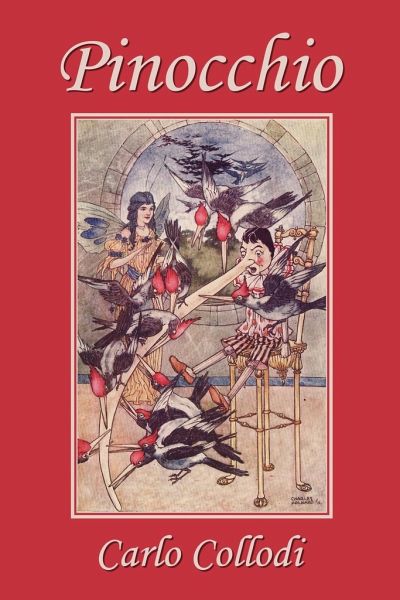
Pinocchio, as first translated into English by M. A. Murray and illustrated by Charles Folkard (Yesterday's Classics)
Versandkostenfrei!
Versandfertig in 1-2 Wochen
17,99 €
inkl. MwSt.

PAYBACK Punkte
9 °P sammeln!
Beloved tale of the adventures of a puppet, carved from a stick of wood, who eventually becomes a real boy after many trials and tribulations. Though urged to right behavior by his father Gepetto, the Talking-cricket, and the Blue Fairy, Pinocchio yields to temptations that land him in desperate straits. Yet, time after time, he is rescued, sometimes by a stroke of luck and other times by someone he had befriended previously. Pinocchio's indomitable spirit shines throughout, lending humor and playfulness to whatever situation he finds himself in, whether that is planting his money in the Field...
Beloved tale of the adventures of a puppet, carved from a stick of wood, who eventually becomes a real boy after many trials and tribulations. Though urged to right behavior by his father Gepetto, the Talking-cricket, and the Blue Fairy, Pinocchio yields to temptations that land him in desperate straits. Yet, time after time, he is rescued, sometimes by a stroke of luck and other times by someone he had befriended previously. Pinocchio's indomitable spirit shines throughout, lending humor and playfulness to whatever situation he finds himself in, whether that is planting his money in the Field of Miracles, sharing the humiliation of growing donkey ears with his good friend Candlewick, or discovering his father at long last in the belly of the Dog-fish. All the while Pinocchio is growing in goodness and at last becomes a real little boy with a loving heart, a dutiful son to a devoted father. This edition couples the first translation from the Italian into English by M. A. Murray with dozens of engaging illustrations by Charles Folkard. Suitable for ages 7 and up.





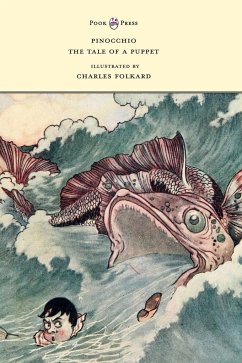
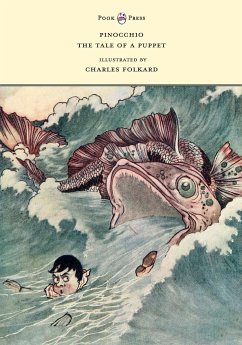

![The Crown Of Success: Or, Four Heads To Furnish: A Tale / By A. L. O. E. [i.e. C. M. Tucker] Cover The Crown Of Success: Or, Four Heads To Furnish: A Tale / By A. L. O. E. [i.e. C. M. Tucker]](https://bilder.buecher.de/produkte/68/68744/68744352n.jpg)

